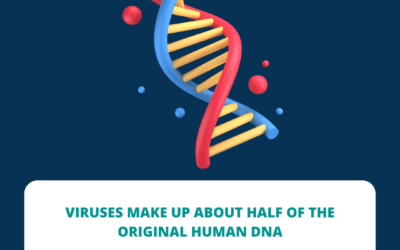
The human tongue is a fascinating organ essential for speaking, tasting, and swallowing. It comprises several muscles that allow it to move in different directions, and it is covered in tiny bumps called papillae containing taste buds.
Did you know that the tongue is the strongest muscle in the human body relative to its size? It is able to lift up to 1.5 kilograms, which is why it is so important in speaking and swallowing.
The tongue is also responsible for helping us taste the food we eat. It contains around 10,000 taste buds, which can detect sweet, salty, sour, and bitter flavors. These taste buds are replaced every two weeks, so our sense of taste is constantly changing.
The tongue is also home to various bacteria, which play a role in maintaining the balance of microorganisms in the mouth. However, an excess of certain types of bacteria can lead to dental problems such as tooth decay and bad breath.
In addition to its functions in taste and speaking, the tongue has a number of other important roles in the body. It helps to moisten the mouth and keep it clean, and it also aids in digestion by helping to move food to the back of the throat for swallowing.
A few conditions can affect the tongue, such as geographic tongue, which causes red and white patches to appear on the surface, and fissured tongue, which is characterized by deep grooves in the tongue. These conditions are usually harmless and do not require treatment.
In conclusion, the human tongue is a complex and vital organ that plays a crucial role in taste, speaking, and digestion. It is a testament to the amazing capabilities of the human body, and we should all be grateful for this amazing muscle.






0 Comments